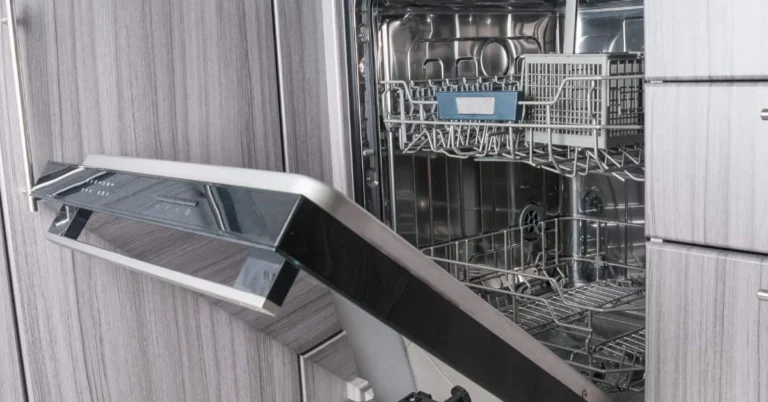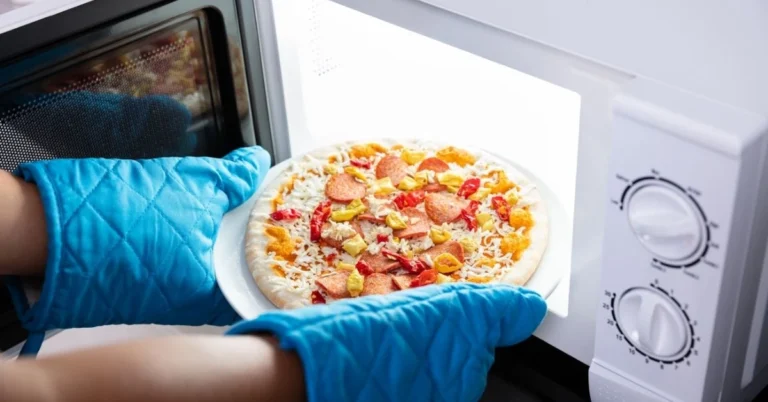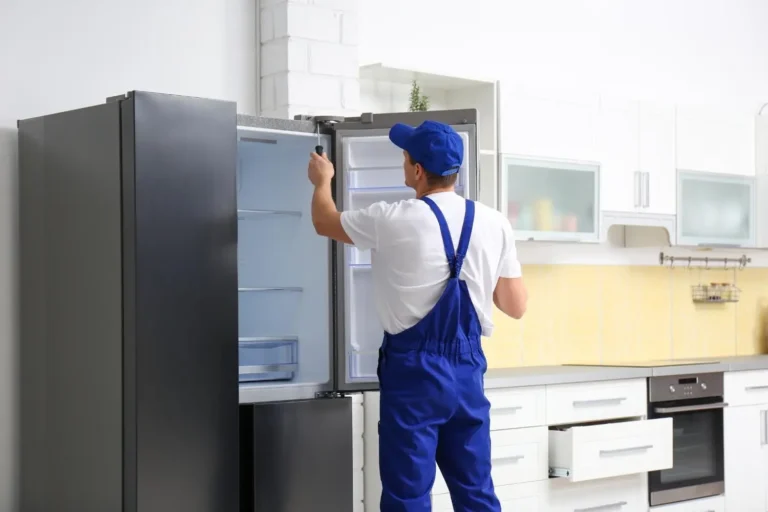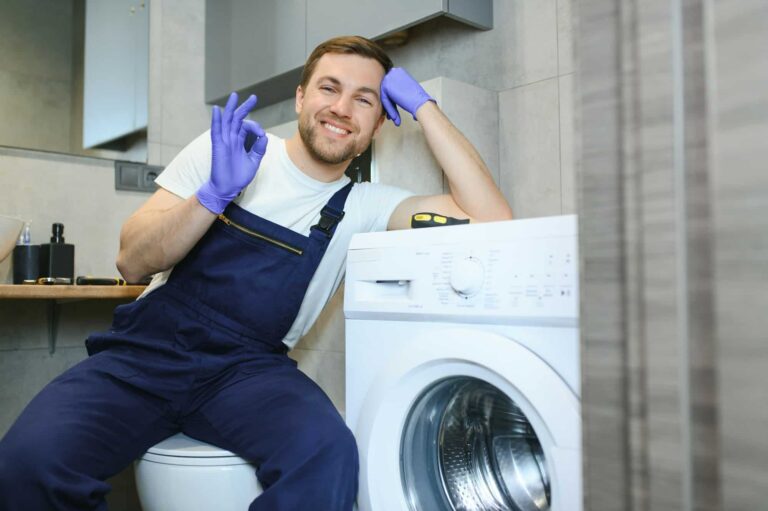Home appliances give warning signs before they break. You may hear strange sounds or notice bad smells. Some take longer to finish a cycle. Others leak or stop working like they used to. Many people ignore these signs.
This delay can cause more damage. A minor issue can turn into a big problem, such as raising your bills. You might face water leaks, spoiled food, or even safety risks. According to the Niceville Fire Department, burning smells and appliance overheating are leading causes of home electrical fires in Niceville and Okaloosa County. Niceville Local experts warn that ignoring early signs like leaks or error codes can result in costly repairs and safety hazards. Waiting can cost more money and time later.
Fixing problems early helps avoid stress. This list shares 10 signs that show your appliance needs repair now. Knowing what to look for lets you act fast and keep things running safely at home. We will also guide you when you will be needing a professional appliance repair service in Niceville for better performance and longevity of your appliances.
Signs That Indicate a Repair
Appliances are essential in daily life, but it can be hard to know when to seek help when they start acting up. Many homeowners overlook minor issues, thinking they’ll resolve themselves. However, paying attention to early signs can prevent bigger problems. Look at the most common warning signs that your appliances may need professional repair.
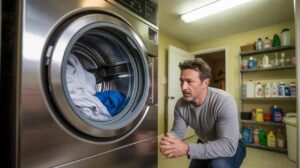
Strange Noises
Unusual sounds from your appliances are often the first warning signs of trouble. During spin cycles, rhythmic knocking from your washing machine might indicate an unbalanced drum or worn bearings. A refrigerator making buzzing or clicking noises could signal compressor issues or a failing fan motor. Your dishwasher’s sudden screeching might mean the spray arms are obstructed or the water inlet valve is failing.
- Listen for grinding, rattling, or banging sounds that weren’t present before
- Note when the noise occurs (during specific cycles or constantly)
- Don’t ignore even minor sound changes, which often worsen over time.
Unusual Smells
Strange odors emanating from your appliances should never be ignored. A burning smell from your dryer might indicate lint buildup in the vent system, creating a serious fire hazard. Musty odors from your dishwasher or washing machine often point to mold or mildew growth from improper drainage. Even your refrigerator might emit a chemical smell if refrigerant leaks.
- Burning smells require immediate attention and could indicate electrical problems.
- Musty or moldy odors suggest moisture issues that can damage your home
- Chemical smells might indicate refrigerant leaks that require professional handling
Overheating
When appliances run hotter than usual, it’s a clear sign that something’s wrong. Your laptop charger, which is too hot to touch, could indicate an internal electrical issue. A dryer that feels excessively hot might have clogged vents, restricting airflow. Even your microwave overheating suggests potential ventilation problems or electrical malfunctions.
- Check for unusually warm exteriors during regular operation
- Be alert for automatic shutdowns, which often indicate overheating protection
- Address overheating immediately to prevent fire hazards and permanent damage
Excessive Vibration
While some vibration is normal for appliances like washers during spin cycles, excessive shaking is cause for concern. An unbalanced washing machine that “walks” across the floor might have worn suspension springs or an uneven load. Your refrigerator vibrating intensely could indicate compressor mounting problems. Even a dishwasher that shakes excessively might have loose components or installation issues.
- Look for appliances moving from their original position
- Check if vibration occurs during specific cycles or continuously
- Address excessive vibration promptly to prevent component damage and water leaks
Age of the Appliance
As appliances approach the end of their expected lifespan, repair needs typically increase. Most refrigerators last 10-13 years, while dishwashers last 7-10 years. Washing machines generally function well for 8-12 years before major components begin failing. Even well-maintained appliances eventually reach a point where repairs become more frequent.
- Consider the age when evaluating whether to repair or replace
- Older appliances often have less efficient energy consumption.
- Keep maintenance records to track increasing repair frequency.
Poor Performance
When appliances no longer effectively perform their basic functions, it’s time for service. Dishes that come out dirty despite proper loading and detergent use suggest spray arm or pump issues in your dishwasher. A refrigerator that doesn’t maintain consistent temperatures might have compressor or thermostat problems. Clothes that take much longer to dry indicate potential ventilation blockages or heating element failures.
- Compare current performance to when the appliance was new.
- Note if performance issues developed suddenly or gradually.
- Don’t compensate by using more detergent or higher settings—fix the underlying problem.
Water Leaks
Water leaks around appliances require immediate attention to prevent property damage and mold growth. Puddles under your refrigerator might indicate a clogged defrost drain or a damaged water line. A dishwasher leaking during cycles could have door seal issues or a faulty water inlet valve. Washing machines leaking during fill cycles often have damaged hoses or pump problems.
- Check for water stains, warped flooring, or dampness around appliances
- Inspect visible hoses and connections for cracks or loose fittings
- Address even small leaks immediately before they cause significant damage.
Increased Energy Bills
A sudden spike in utility bills often indicates appliance inefficiency. A refrigerator running constantly uses significantly more electricity than one running normally. An air conditioner that never seems to reach the set temperature works harder and consumes more energy. Even a water heater with sediment buildup requires more energy to heat water effectively.
- Compare current bills with previous months and the same period last year
- Consider which appliances might be contributing to increased consumption
- Remember that energy-efficient replacements often pay for themselves over time
Frequent Cycling
Turning on and off appliances more frequently than normal indicates internal regulation problems. A refrigerator that cycles on and off rapidly might have thermostat issues or dirty condenser coils. An air conditioner that runs briefly then shuts down could have refrigerant leaks or electrical control board failures. Even your furnace cycling frequently suggests potential thermostat or airflow problems.
- Note how often your appliance turns on compared to regular operation
- Listen for shorter run times followed by frequent restarts
- Understand that frequent cycling causes excessive wear on components
Error Codes or Warning Lights
Modern appliances communicate problems through digital displays and indicator lights. Your washing machine flashing “E3” might indicate a water supply issue, while a refrigerator displaying “CF” could signal condenser fan problems. Even blinking indicator lights on your oven or dishwasher provide valuable diagnostic information for technicians.
- Document any error codes exactly as they appear.
- Consult your owner’s manual for basic troubleshooting steps
- Don’t reset repeatedly without addressing the underlying issue
- Share these codes when scheduling service for faster diagnosis
Why DIY Appliance Repair Can Be Risky and How Professionals Help
DIY repairs may seem cost-effective, but can often lead to more damage. Without the right tools and expertise, you could inadvertently worsen the problem, causing even more expensive repairs. Additionally, attempting a repair alone can void your appliance’s warranty, making it harder to get professional help later.
It’s best to leave appliance repairs to the professionals for a safer and more efficient solution. Experienced technicians have the training, tools, and knowledge to fix issues quickly and safely, ensuring your appliance works properly without causing further damage. To learn more about why DIY appliance repair can be risky, check out our full blog on why hiring a professional is always the better choice.
Call Beach2Bay Appliance Service for Quick Repairs in Niceville, FL

Is your appliance acting up? Don’t wait! Beach2Bay Appliance Service in Niceville, FL, offers fast, reliable repairs. We’ll handle everything from strange noises to leaks.
Call 850-830-8306 today to schedule your repair and get your appliances back on track!
Author Profile
- John Raymond Hagler
- Beach2Bay Appliances is a trusted name in Florida for professional appliance repair services. Serving homeowners, realtors, and property managers, our experienced team focuses on reducing costly breakdowns and maximizing appliance efficiency. Committed to reliability, transparency, and customer care, we help maintain the value and functionality of homes and rental properties through routine service and urgent repairs.
Latest entries
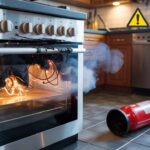 BlogsAugust 30, 2025Oven Smells Like Burning While Cooking? Here’s the Solution
BlogsAugust 30, 2025Oven Smells Like Burning While Cooking? Here’s the Solution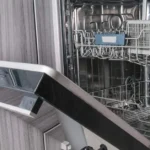 BlogsAugust 29, 2025Why Your Dishwasher Isn’t Cleaning Dishes and How to Fix It
BlogsAugust 29, 2025Why Your Dishwasher Isn’t Cleaning Dishes and How to Fix It BlogsAugust 29, 20257 Reasons Your Microwave Isn’t Working and How to Fix It Quick
BlogsAugust 29, 20257 Reasons Your Microwave Isn’t Working and How to Fix It Quick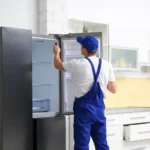 BlogsAugust 27, 2025Why Your Refrigerator Isn’t Cooling and How to Fix It
BlogsAugust 27, 2025Why Your Refrigerator Isn’t Cooling and How to Fix It
